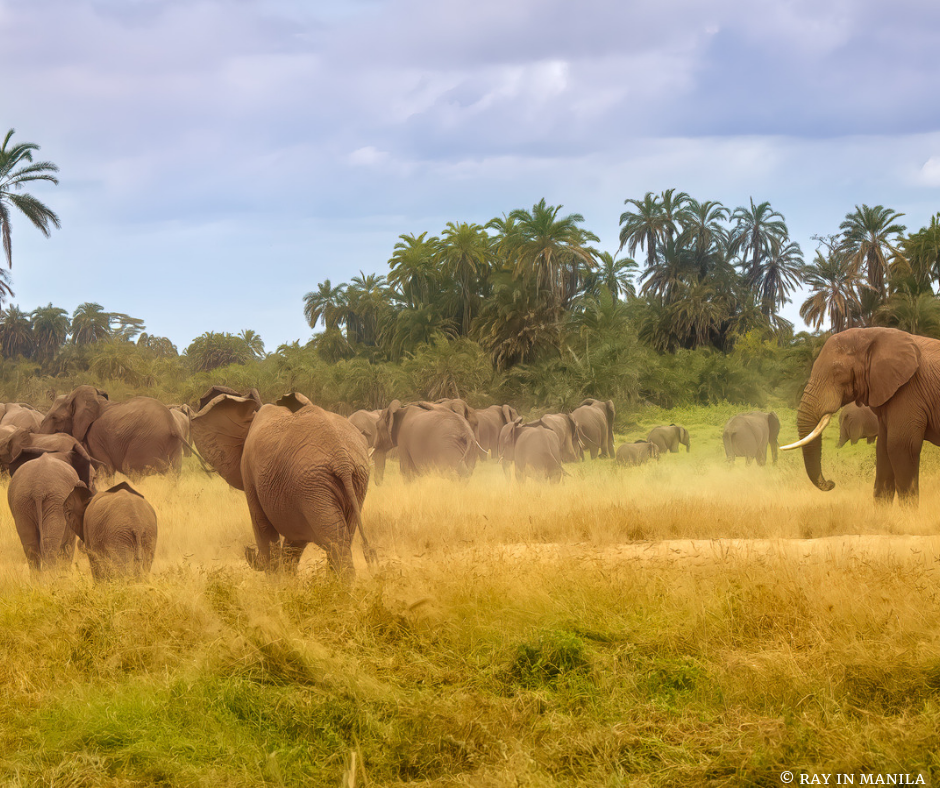
Article Author: Director, Africa Biodiversity Collaborative Group – ABCG, Rubina James.
Based on an article published by The News-Times Rwanda on July 08, 2022
“TO DATE, African governments have collectively designated over 6.7 million sq km as protected areas, corresponding to an area roughly three times the size of the Democratic Republic of Congo – the second largest country in Africa, and evidences the high level of commitment by African nations to the principles of conservation and sustainable development.
Protected areas are significant drivers to achieving biodiversity conservation and anchors that contribute to the implementation of sustainable development strategies; apart from environmental benefits, protected areas are a source of economic opportunities for most African countries whose economies rely heavily on natural asset bases.
Despite these benefits and advances, numerous challenges continue to threaten the existence of protected areas. Global drivers of biodiversity loss, such as climate change, food production, pollution, infrastructure development, and unsustainable consumption of natural resources, have been responsible for the loss of 83% of all wild animals and nearly half of plants. These drivers contributed to the loss of 42,000 km2 of forest (or 4.6% of the total forest) within Africa’s protected area estate over 2012-2020. The continued growth in these drivers is greatly hampering conservation efforts and if left unchecked will lead to increased conflicts among communities and nations.
In addition to the importance of protected areas for biodiversity conservation, preserving important habitats, water provision, provision of food security, among other benefits, protected areas also play an important role in human health. There has been no better wake-up call-, than the COVID pandemic which presented the perfect opportunity for us to recognize the link between health, nature, and economic development. Improved understanding of the ecological context of pandemics among decision-makers will assist with disease mitigation efforts, lower the costs of responding to pandemics and increase investment in protected areas and biodiversity conservation.
For these reasons and many more, the upcoming inaugural IUCN Africa Protected Area Congress (APAC) in Kigali, Rwanda provides an exceptional opportunity for Africa to have a much-needed dialogue on the future of its protected areas and the millions of African and other peoples who benefit from them economically, socially, and culturally.
Taking place from July 18-23, 2022, in Kigali, APAC brings together key stakeholders vital to biodiversity conservation, and protected and conservation areas. These groups will share key learnings, experiences, challenges, and best practices in the conservation of protected and conservation areas.
We recognize that effective protected area management depends on many factors, including legal status, clear management and conservation objectives, the types of governance, human resources, budgets, legislation (including political will), ecological and socio-economic contexts, human skills and available equipment and resources required for success. That is why we are heavily expectant that APAC will create a surmountable baseline for these strategies to be developed.
We at the Africa Biodiversity Collaborative Group (ABCG), – a consortium of the seven leading global conservation organizations – realize the importance of protected areas as critical elements of global, national, and local conservation strategies, providing protection for ecosystems, and species.
ABCG recognizes that African landscapes are being rapidly reshaped by a collection of drivers including population growth, changing resource utilization patterns, expanding infrastructure, and climate change. To deal with these complex drivers of change, we jointly recommend that land use planning frameworks are applied across Africa to identify robust sustainable development and conservation interventions, that balance the objectives of conservationists, communities, private sector, and government.
To address land-use planning challenges in Africa, ABCG has developed a scenario-based planning framework that enable spatially explicit, quantified exploration of tradeoffs or synergies between land use sectors to inform stakeholder-driven plans emphasizing sustainable strategies and policy outcomes.
To build land-use planning skills across Africa and raise user capacity in applying the framework, we have further developed a training course for the land use planning framework. These skills are critical if governments are to effectively manage their protected areas. The upcoming APAC congress presents the best platform to present such ideas amongst continental and global peers and benchmark on innovative solutions that will enhance the success of conservation on the continent.
We are therefore greatly optimistic of the monumental strides that will be achieved at the conference, and we look forward to seeing you there, as we chart the path to a brighter future for Africa and the world at scale. “
The author is Director, Africa Biodiversity Collaborative Group – ABCG.
The views expressed in this article are of the author.
Rubina James.
RJames@abcg.org

